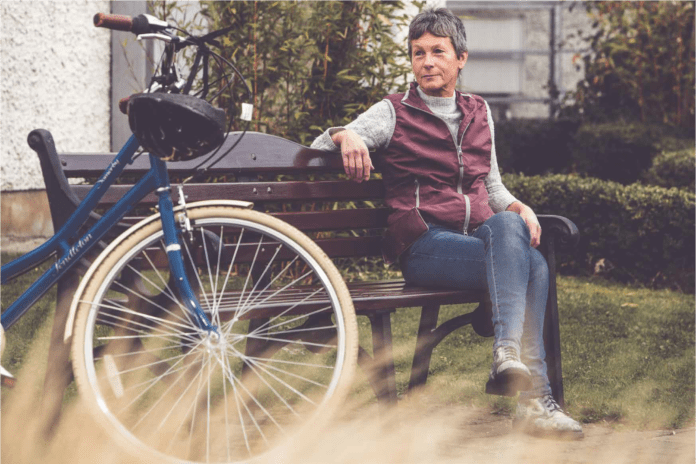
A campaign by the HSE is urging people across the country to take steps to protect their brain health and reduce their risk of dementia.
The Dementia: Understand Together campaign was launched to mark International Brain Awareness Week, which takes place this week from 14 to 20 March.
Prof Suzanne Timmons, Consultant Geriatrician, explained that people can take certain steps to minimise their risk of dementia.
“In taking steps like adopting a healthy lifestyle by having a balanced diet, not smoking and undertaking regular physical activity, we can all reduce our risk of dementia, not to mention many other diseases,” said Professor Timmoms.
“We want people in their 40’s, 50’s and 60’s in particular to know that taking action now can reduce their risk in the future.
“We also want people to know that social interaction with others can make a difference to their brain health and this message couldn’t be more relevant now as we all start to enjoy meeting friends and family again post Covid restrictions.”
A Lancet study in 2020 identified 12 modifiable risk factors that could account for 40% of dementia worldwide and the HSE has highlighted a number of these factors, creating awareness of the link with dementia and how people in their midlife can reduce their risk.
According to a nationally representative Behaviour & Attitudes survey undertaken by the Dementia: Understand Together campaign in 2021, many people continue to be unaware of risk factors for dementia.
The survey found just 44% of people agreed that not doing physical exercise increases your risk and only 48% agreed that if you eat a healthy diet you are less likely to experience dementia.
| Steps to Brain Health
Step 1. Be a good sport Physical activity is very important for brain health. Go for a brisk walk for 30 minutes, five days a week; activities that get the body moving (aerobic) like walking, gardening or housework all count when it comes to boosting brain health. Step 2. Eat well Eating a wide variety of nourishing foods provides the energy and nutrients you need to keep your brain healthy. A balanced diet, like the Mediterranean diet, that is rich in vegetables, fruit, wholegrains, and fish, and that is low in salt and sugar, is a good starting point. Step 3. No Pressure! Step 4. Quit While You’re Ahead! Step 5. Stay Social Keeping socially engaged helps you to stay mentally sharp. Even just ten minutes of social interaction can greatly increase your brain performance, so just calling a friend or family member for a quick chat can improve your brain health. Even better, have a walk and a chat together. |
The HSE hsa said that anyone who is worried about dementia can speak to a dementia adviser at The Alzheimer Society of Ireland on Freephone 1800 341 341 (Monday to Friday 10am to 5pm, Saturday 10am to 4pm).
For more information on dementia and services in your county, visit www.understandtogether.ie.












